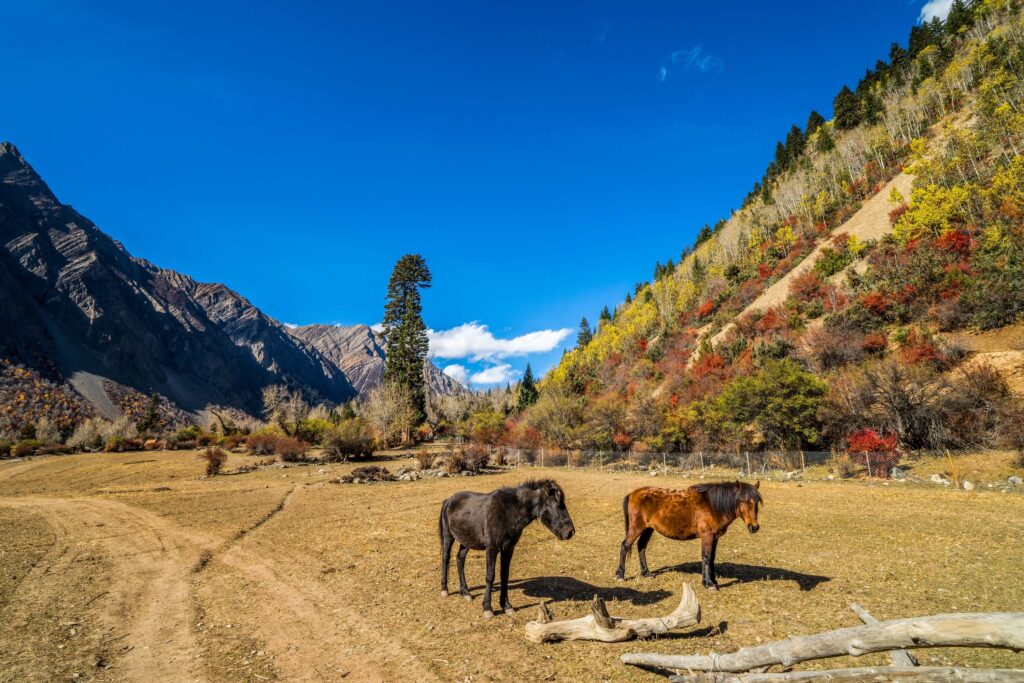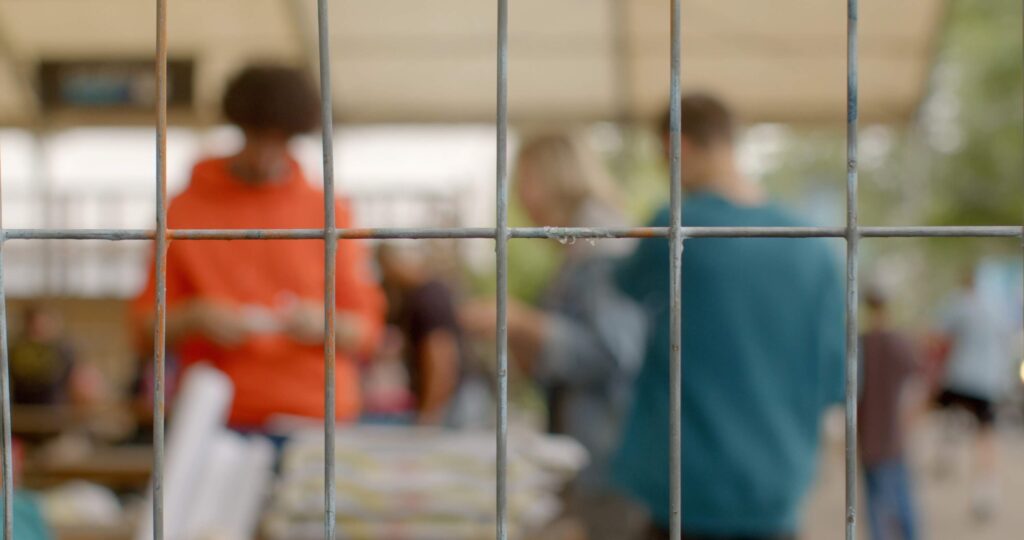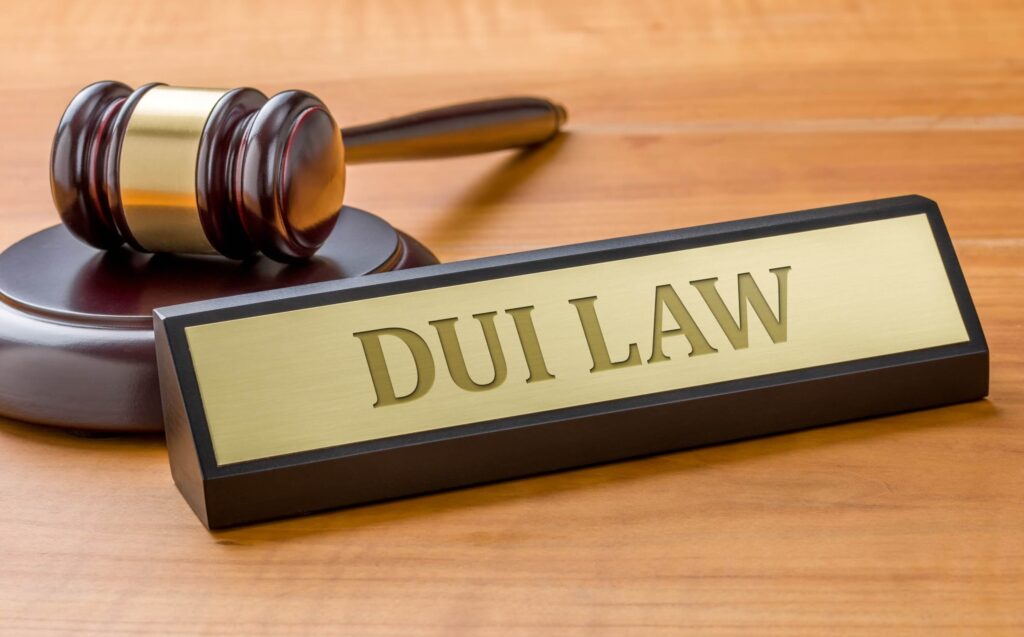Most people are well aware of the consequences that will arise if they drink and drive. Driving a vehicle while intoxicated can result in DUI charges, and if convicted, that can pose serious issues for your freedom and your future.
However, the definition of vehicle is rather subjective under the law, which means you may even get a DUI on horseback in Virginia. Riding horse DUI laws may not be very clear, and if you decide to go riding after having a few drinks, there’s good reason to rethink that choice.
The Law Offices of Michael Pignone provide comprehensive criminal defense services for those facing DUI charges in Manassas. In this article, we discuss horse DUI legality and what you need to know.

Understanding DUI Laws in Virginia
While you might be surprised to learn that Virginia’s DUI laws apply to people riding horseback, it helps to know what the law states. According to the statute 18.2-266, any person who is under the influence of alcohol or drugs is prohibited from operating any vehicle. It’s deemed an unlawful action when the blood alcohol content (BAC) level is 0.08% or higher.
Virginia takes a tough stance on drinking and driving, with the laws among the strictest in the nation. Some people may think they’ve found a loophole by riding horseback rather than getting behind the wheel, however, the DUI laws in the state still apply to riding intoxicated on a horse, too.
What Qualifies as a “Vehicle” Under DUI Laws?
A vehicle in terms of the definition of Virginia DUI laws will include all motor vehicles. Beyond motorized vehicles though, anyone can land in hot water by operating other items from bicycles and lawn mowers to even riding on horseback or with a horse and buggy.
There’s a very broad definition of the term “vehicle” as well as operations. Virginia defines operating it as having actual physical control of the vehicle, even if it isn’t moving. The bottom line is that drinking or taking drugs while riding a horse can mean that you’re in for serious legal consequences.
Consequences of a DUI on a Horse in Virginia
What could happen if you’re charged with a DUI while on a horse in Virginia? If convicted, the following penalties may apply:
DUI First Offense
If it’s your first DUI conviction, it will be deemed a Class 1 misdemeanor. You may face up to a year of jail time and a $250 to $2,500 fine. Depending on your blood alcohol content at the time of the offense, there may be additional penalties.
For example, if your blood alcohol content is between 0.15 and 0.20%, you will receive a mandatory sentence of at least five days in jail. If your BAC is higher than 0.20%, there must be an additional 10 days. In the event of causing an accident while intoxicated, especially one that causes injuries or fatalities, these penalties will be further upgraded.
DUI Second and Consequent Offenses
Anyone riding a horse or operating any type of vehicle that gets a second DUI offense within 10 years of their first offense will receive a Class 1 misdemeanor with a mandatory minimum fine of $500 plus 10 to 30 days in jail. Again, the charges are upgraded further if you’re beyond the legal limit or have other aggravating factors. As you may be able to guess, consequent offenses, especially in a shorter time, will result in heavier penalties.
Loss of Driving Privileges
After a DUI conviction, even your first one, you’ll have your driver’s license suspended for one year. You may be able to retain restricted driving privileges that would allow you to commute to and from certain locations, such as your job. You’ll also be made to install an ignition interlock device on your vehicles at your own expense.

Alcohol Education Programs
Another consequence of riding a horse while intoxicated is having to participate in an alcohol education program. The courts often impose these orders as a deterrent for engaging in these behaviors in the future.
Other Potential Criminal Charges for Riding a Horse While Intoxicated
It’s not unheard of to be slapped with DUI charges for riding a horse while intoxicated. In 2023, a California man was arrested for carrying an open container of alcohol while riding a horse. Since Virginia’s laws specifically address an open consideration of what a vehicle is, equestrians should refrain from riding horseback after consumption of alcoholic beverages or other intoxicating substances.
Additionally, DUI charges may not be the only legal issue you face in these circumstances. Drunk horseback riding could also result in other charges, such as:
Reckless Endangerment
Riding, or in terms of the law, “operating” a horse while inebriated can be deemed a form of reckless endangerment to the horse, the public, and the rider.
Public Intoxication
Drunk horseback riding in a public place may also result in a charge of public intoxication.
Animal Cruelty Charges
There’s also potential to face animal cruelty charges as your ability to control the horse may cause injury or mistreatment.
Traffic Violations
If you’re riding in a roadway without proper lighting or violating the rules for riding a horse, you may also receive other types of traffic violations.
Other Dangers of Riding a Horse While Intoxicated
It may seem like a good idea at the time, but it’s always best to avoid operating any type of vehicle after drinking, and that includes horses. You will assume great risks for potential injuries, to yourself as well as to the horse, with the potential to harm other people through this lapse in judgment.
Since alcohol and other substances can impair judgment and coordination, no matter how experienced an equestrian you are, there’s too much opportunity for trouble to arise. If you’re impaired, you will have a slower reaction time when you come across obstacles or other people.
You may not be able to control your horse, which could cause an accident that leaves others injured, or worse. In those situations, you will likely face more than criminal charges, leaving yourself vulnerable to a civil lawsuit for the injuries and damages caused.
If you’re convicted, the criminal penalties, potential civil litigation, and other impacts will be far-reaching. You may lose your job for a DUI conviction, and it can also affect your ability to rent a suitable apartment, get a loan, and cause issues for your social life.
How Can a DUI Attorney Help If You Get a DUI on a Horse?
When you’re arrested and charged with a DUI in Virginia, whether driving a motor vehicle or riding a horse, it’s vital to seek immediate legal representation from a DUI attorney. They will be able to use their knowledge of the law and point out legal precedents to fight for your freedom.
Your DUI lawyer will likely use the following to come to your aid in the charges against you:
Pointing Out the Subjectiveness of the Definition of “Vehicle”
The law is a bit ambiguous when defining vehicles in DUI charges. While a horse is deemed a vehicle, your attorney may be able to argue otherwise to have the charges dismissed or reduced.
Subjectivity of Your Impairment
When it comes to motorized vehicles, law enforcement officers have tests they can conduct when they suspect intoxication. Determining whether an equestrian rider is impaired is more subjective as there are no standardized field sobriety tests that are designed for these circumstances.

Lack of Proof of Intoxication
It’s also difficult for the police to gather evidence of your alleged intoxication while on horseback. It may not be possible for them to take breath or blood samples.
What Should You Do If You’re Arrested for DUI on a Horse in Virginia?
It doesn’t matter what kind of vehicle you’re operating when you’re stopped for suspected intoxication. You should follow the right steps to protect your legal rights every time.
First, when you’re stopped by law enforcement, stay calm and be polite. If you’re argumentative, it can work against you. You don’t have to answer any incriminating questions, and you can certainly ask if you’re being placed under arrest. If you’re not being arrested, you should be free to go. If you are, you should inform the officer that you wish to exercise your right to remain silent and speak with an attorney.
You should know that you don’t have to take any chemical tests, however, refusing to do so will mean you will have your license suspended for a year. Conversely, taking the tests could produce incriminating results. However, faulty testing equipment could produce a higher BAC level, which could cause issues.
Most importantly, you should immediately contact a reputable DUI attorney in Virginia who will know how to lead your defense when facing these charges.

